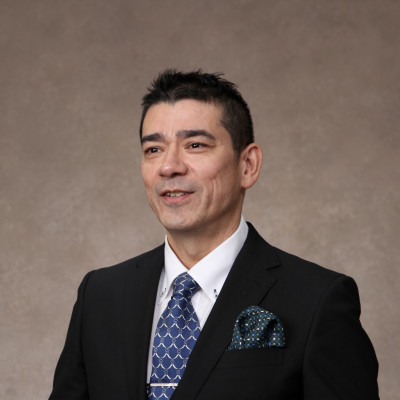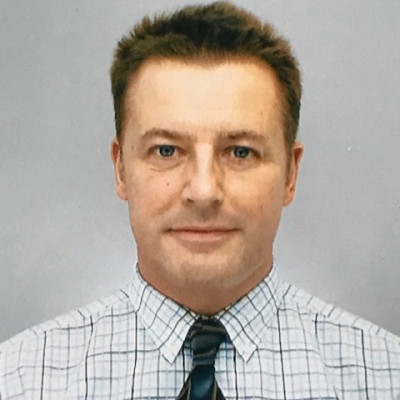Sessions / Long Workshop
Gateways to Developing an Identity in Writing Academic Publications: Book Reviews, Conference Reports, & Interviews #2583
Educators are expected to demonstrate professional development and ongoing learning. Writing for publication and experiencing peer feedback can consolidate one’s professional knowledge and help build identity. The summary and critique in book reviews, the narration and reflection in conference reports, and the informed interaction in interviews provide initial access to an academic discourse community. This presentation looks at these three gateway publications available for all teachers to develop their identity as authors of academic publications. Workshop activities cover the structure of these genres with samples. Participants will take away a deeper understanding of writing for publication and some targets for their gateway submissions along with the added motivation to grow further through their writing within a supportive learning community.
Breaking a Mandatory Connection Between Japanese and English: shared narrative development as immersion #2584
Hiroshima's Historiographers
For the past four years, the Hiroshima’s Historiographers group has met weekly to read together texts related to San’yō Rai’s legacy. This workshop will share the results of those meetings, both in terms of pedagogical methodology and content. Once a household name in Japan, San’yō’s history of the Japanese Samurai houses became the first Japanese text to achieve the status of world literature, having been translated into several languages before The Tale of Genji. As a thread, Sany’yō’s legacy provides access to Anglophone academic journals and monographs, which in turn provide an ideal medium for Anglophone immersion. This immersion serves as an antidote to grammar translation heuristics, as the necessity to code switch etiolates due to the nature of the content.
A case study using Google Applications in EFL settings #2585
In EFL teaching, the main goal for learners is to be able to communicate with many people. Tragant et al. (2020) and Ozaki (2010, 2011) argue that many learners have limited opportunities to use English outside of the classroom. According to Hagley (2020), “EFL often became an academic activity with few chances to use English in real-world communicative events”. To address this problem, this study examined whether two different types of social network communications have the potential to promote “real-world communication” in a university context. The results indicated that online interaction can contribute not only to improving students’ language skills but also to promote authentic language use outside EFL classrooms.
Get Students Speaking Anytime, Anywhere (Sponsored Workshop) #2586
Oxford University Press
Are you teaching in-class, online, or a mixture of both? What will happen in the next few months? In an unpredictable situation, many educators are looking for agile ideas which can be applied to a variety of contexts. This workshop will focus on effective materials and techniques for developing students’ speaking skills which can be used for face-to-face, remote or hybrid learning and for independent study.
Project Based Learning (PBL) courses for non-English majors at university: Development and implementation #2594
Project Based Learning (PBL) has been shown to be effective to encourage student motivation and engagement (Savery, 2006). PBL asks learners to complete projects in the target language, providing the opportunity to experience the language in a natural and practical context, related to their educational and professional needs and goals (Willis, 1998). However, PBL development and implementation can be challenging. In this session, the presenter will offer a working definition of PBL, outline a project-based course used for non-English majors at university, and discuss how practical issues such as classroom and time management, grading, evaluation and syllabus design can be addressed. The presenter will also share classroom techniques and approaches that have been effective for classes.
Student Video Projects with Adobe Spark Video #2596
Videos can be fun for students of all ages to make and are a great way to show off their English. Most video software is complex and has a steep learning curve. However, Adobe Spark Video is a simple, free application that can be used on any device to easily create videos. Teachers and students can focus on content and language without spending a lot of time on how to use the software. In this workshop, the presenter will discuss different ways to use the software and show how to create a video. Bring a device with Spark Video installed to start creating your own video, or come and join the discussion and see how to use it.
A Workshop proposal on CALL teaching techniques #2597
Developing computer presentation and project-related skills for Japanese university students through Project-Based Learning (PBL) can foster learner motivation and enhance authentic language building in an EFL environment. Murray and Blyth (2011) claim that Japanese students have limited exposure to various forms of information and Communication Technology throughout their educational careers, including basic word-processing, spreadsheet creation and calculation, and presentation skills. University CALL instructors face the additional challenge of scaffolding foreign language learning in these skills. In this workshop, the presenter will demonstrate some fun and practical Microsoft Word, Excel, and PowerPoint techniques to foster writing, business English, and presentation skills, such as MS Word poster map creation. The main focus will be on Excel calculation and conditional formatting skills.






